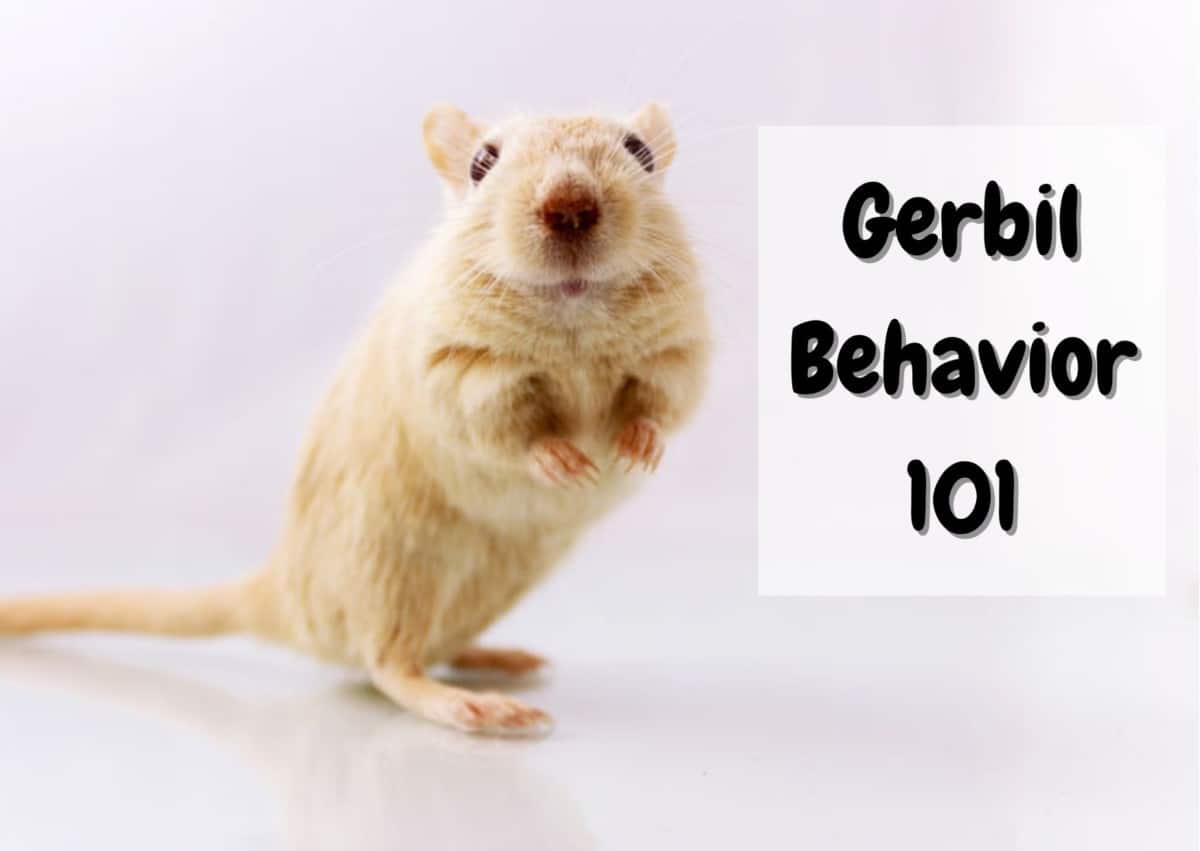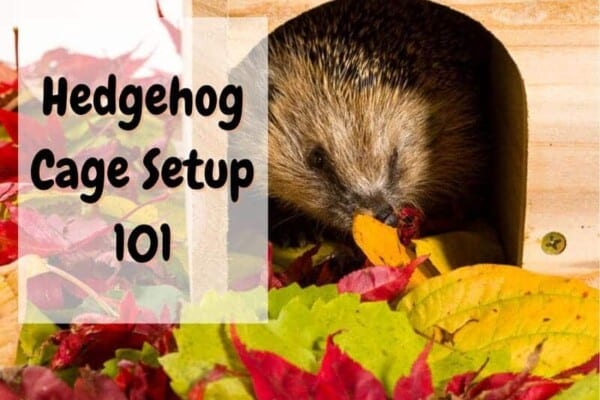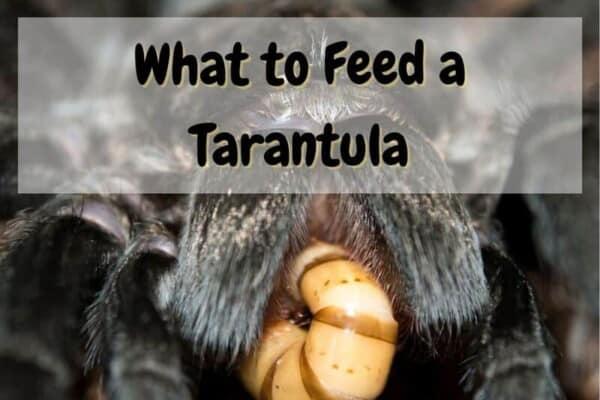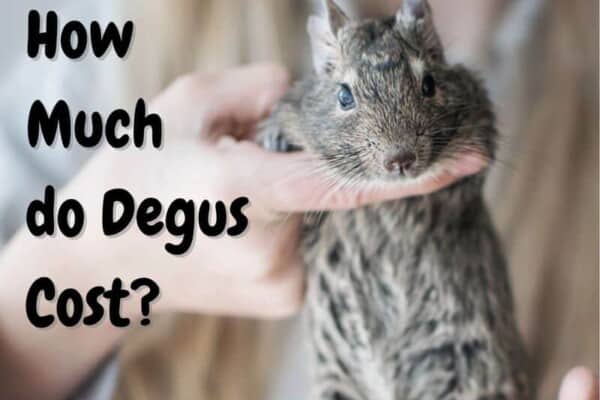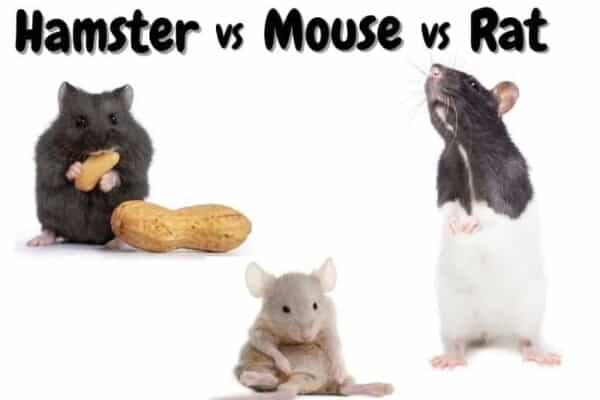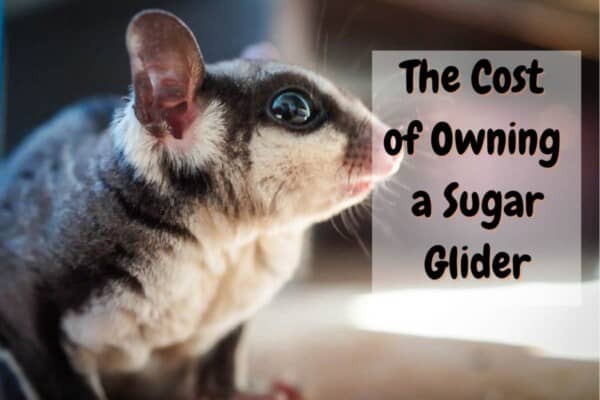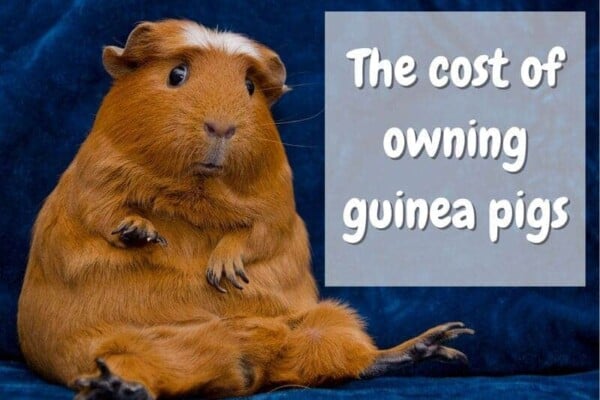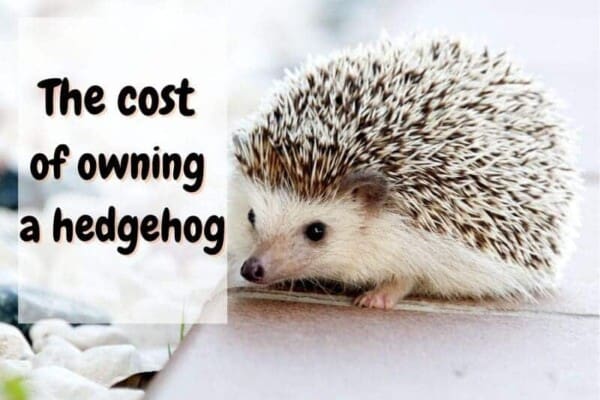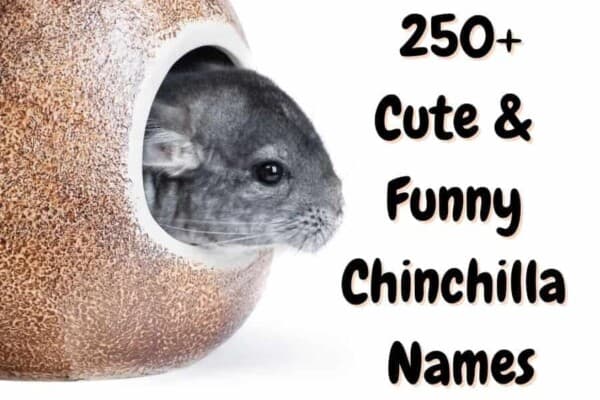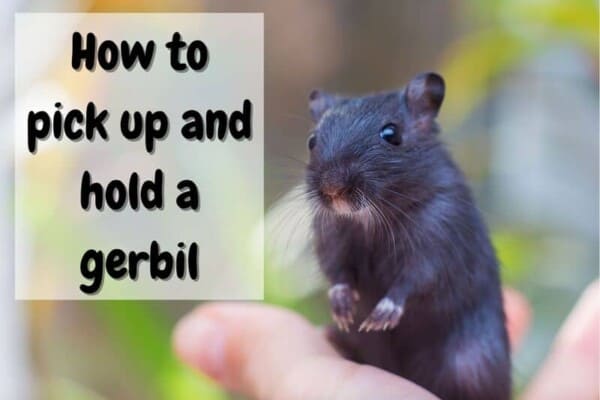Gerbils have very interesting body language and sounds that are expressed toward you and their cage mates. But what exactly do they try to tell you when you go to their habitat? This gerbil guide will tell you all about their natural behavior.
| Happy Gerbil Behavior | Unhappy Gerbil Behavior | Gerbil Sounds |
|---|---|---|
| Watching you | Burrowing | Squeaking |
| Sniffing the air | Foot thumping | Chirping |
| Scent marking | Paws crossed or folded over | Chattering |
| Burrowing and nesting | Pushes your hand away | Yipping |
| Grooming | Rearing up | Purring |
| Standing up tall | Chewing on wire bars | |
| Winking an eye | Aggressive to others | |
| Rubbing noses | Repetitive movements | |
| Takes food from your hand | Reduced diet | |
| Jumping in the air | Red tears from stress | |
| Arching upward | Seizures | |
| Paws at sides | Bad toilet habits | |
| Hiding | Licking cage |
Behavior and body language of a happy gerbil
Watching you
Any gerbil is going to pay attention to what is happening outside its habitat. If they suddenly stop doing their usual activities and start to watch something, this is out of curiosity. They will also do this to assess their safety or situation.
Sniffing the air
Your gerbil will stand up on their hind legs and start sniffing the air. They use their sense of smell as a powerful tool to identify you and others in their cage. If they sense something wrong they will begin to show other body signs.
Scent marking
This is not an aggressive part of their behavior since they want to mark their territory to let others know that an item is theirs. A scent gland located on their belly allows them to transfer their scent onto anything that suits their interest. This is a peaceful method that lets others in their cage know what belongs to which gerbil.
Burrowing and nesting
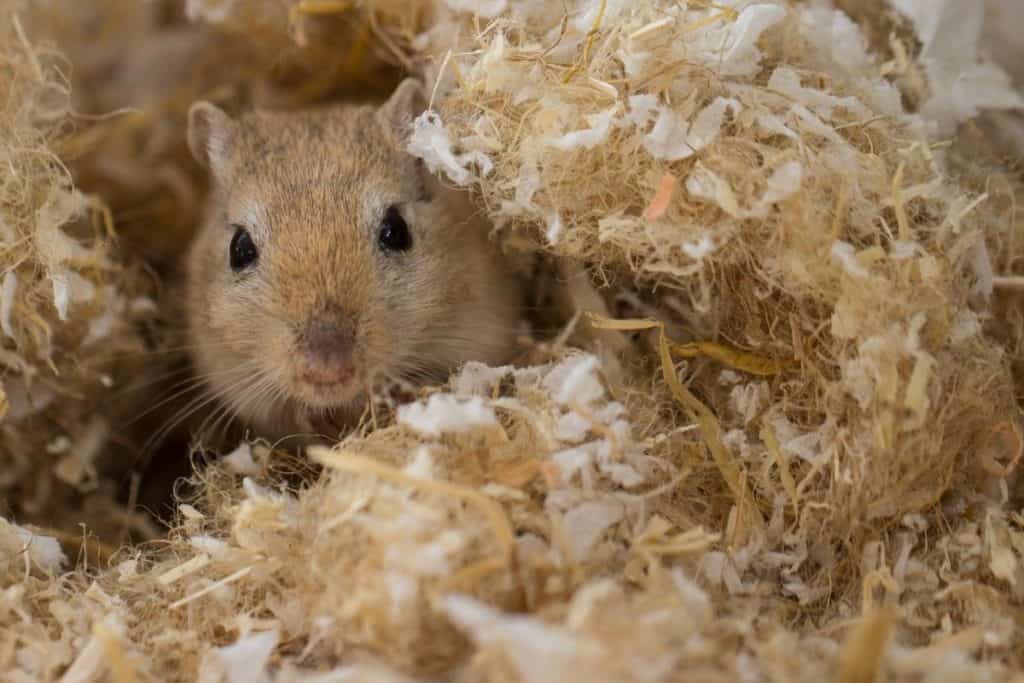
These little critters love to build a nest and will burrow as their nature dictates. They prefer to have one burrow in their habitat which is their personal space. If they decide to make a nest elsewhere, they will do this simply from built-in habit.
Grooming
Gerbils love to groom themselves and they do it often and throughout the day. They may also choose to groom others because they are very social in groups. If you see them grooming, they are content with you being near or around them.
Standing up tall
The gerbil is always going to stand up on their hind legs to have a better view of things. Their eyes are not as good as their nose, so this gives them a better advantage in getting a scent. After that, they will become worried or go back to their normal daily routine.
Winking an eye
This is not uncommon that a gerbil will look at you and wink a single eye. This is not normal blinking that you are seeing and only do this with their owners. This means they are content with you, so you may return the gesture showing you understand.
Rubbing noses (paw greeting)
Gerbils tend to have very social attitudes when greeting each other. This may appear to you as rubbing noses like making an Eskimo kiss. Another interesting gesture is touching a paw to one side of a partner’s cheek and tasting saliva on the opposite side.
Takes or eats food from your hand
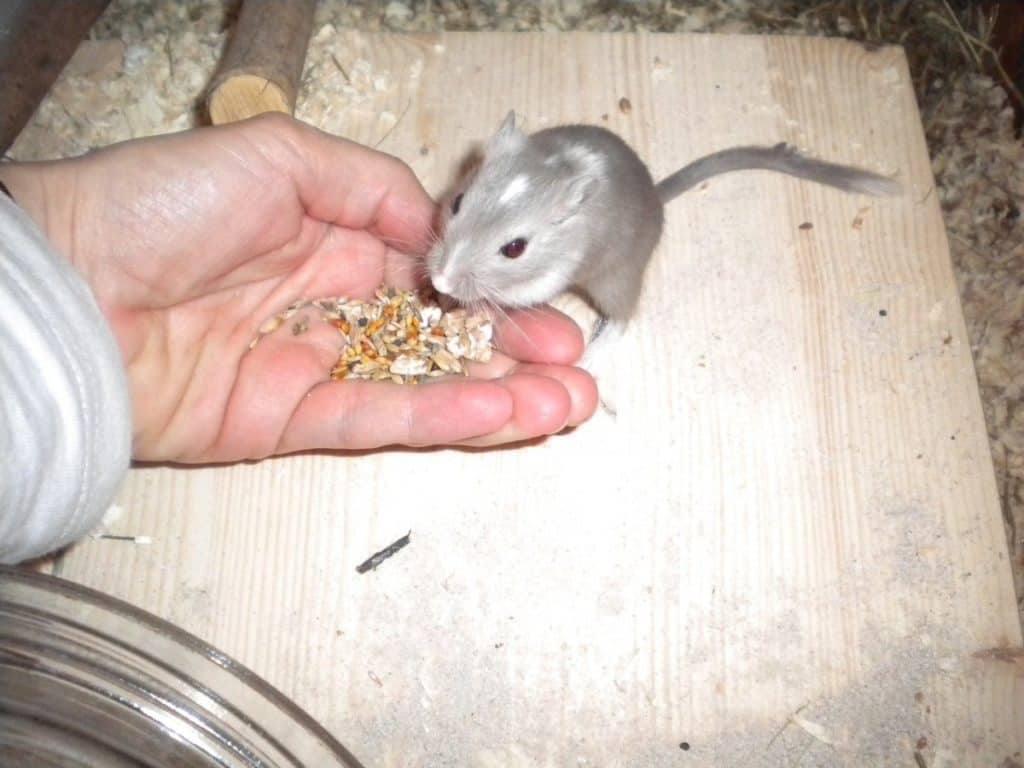
One thing that you can teach a gerbil is to take treats and food from your hand. It’s one of the tricks that tell you that they are comfortable with you. If they return to their nest, it’s because they want to save it for later. After you build up trust this much they will be open to being handled and even learn other tricks.
Jumping in the air
Anytime a gerbil is jumping in the air means that they are happy to see you. It’s pure excitement that makes them jump repeatedly. It can be from knowing they will get a treat or be held in your hands.
Arching upward (pushing noses)
This is peaceful aggression towards others within a habitat. This starts with standing up on both hind legs and pushing their nose upward against another gerbil. You might find this is a sign they use to establish dominance or rank in the group.
Hands at sides
There is a telling side to paws that are hanging down while your gerbil is standing up on their hind legs. This means they are completely comfortable with what is going on around them. They might also be relaxed while keeping an eye on you.
Hiding
It’s natural for your gerbil to hide for any reason. They might retreat to their burrow to rest at any point if they are tired. If you spook them by accident, their initial reaction is to run and hide.
Behavior of an unhappy gerbil
Frightened: burrowing
Their main defense mechanism is to flee and hide, so burrowing is a sign they are scared. It will take some time before they come back out if they are too scared of you or of something close to their cage. If you own a housecat, it can be spooked by it and hide out of safety.
Insecure: foot thumping
Gerbils may start standing on their hind legs and begin a rapid thumping of their feet. This acts as a warning sign for others in the habitat. It lets you know there is a danger and they want every other gerbil in the group to know.
Distressed and territorial: paws crossed or folded over
You will know that your gerbil is not happy when you see their little paws folded over each other. These crossed paws will immediately tell you they are feeling distressed or worried about something. It’s advised to not touch them if they are acting like this as you might get bitten if you do.
Pushes your hand away
If you put your hand in their cage and you get a nose that pushes you back, you should take your hand out. This is their way of saying ‘stay out’ until they feel it’s time you put your hand inside again. Just give them enough time to relax a bit more before you approach the cage once again.
Rearing-up
Rearing up is typical of a gerbil that is sensing something. It’s so they can thump their feet or smell the air. They will do this as any kind of defensive pose if you get too close to them.
Chewing on wire bars
Because gerbils constantly gnaw on things they might end up chewing their cage bars. This will happen if there is nothing for them to gnaw on, like chewing toys or food. If they are nervous about their cage size, they will chew the cage showing their dislike of their habitat.
Aggressive to others
Aggression towards younger pups may happen if you add a new gerbil in a cage. It’s difficult adding any gerbil that is younger unless they have their own babies.
Repetitive movements (obsessive behavior)
Stress may make your gerbil do something over and over for no apparent reason. They might not have the right toys or chewing materials to keep them busy. It can also be from boredom and being neglected for long periods.
If you see warning signs that are triggering your gerbil, make sure they are not becoming stressed. Keep other house pets from being around them as this can cause stress too. Some behavior will also tell you their cage or habitat is making them unhappy.
Reduced diet
If you start to see that a gerbil isn’t eating as much, this is a sign they could be in trouble. As soon as you notice this, get them to a vet quickly. Since they are so small they might be getting sick from something they chewed that is causing an obstruction.
Red tears (porphyrin) from stress
Gerbils have a gland behind their eye that will excrete a reddish fluid. It might look like blood but is actually called porphyrin and is caused by stress. It will only happen when they get worried about their safety.
Seizures
When the threat is too much for a gerbil, it can literally go into a seizure caused by experiencing too much stress. This won’t happen often, but if they are scared to death, it will happen.
Bad toilet habits
Did you know that gerbils are very clean when it comes to their pooping habits? They will find a selected spot in the cage where they continually deposit their droppings. If they stop doing this, there might be something that is bothering them.
Licking cage
Many experts have often wondered what causes a gerbil to lick the interior of its cage. It turns out that they do this instinctively to try to collect moisture in the wild, so make sure they have plenty of drinking water.
Sickness
There is a common sickness that can make your gerbil sick. This is called Tyzzer’s disease and is transmitted through the feces naturally. If they consume their feces because of the lack of a healthy diet, they can contract this disease.
Weakness
Even though gerbils tend to sleep a lot throughout the day, they should not feel constantly lethargic. What causes weakness can also come from Tyzzer’s disease and will result in this type of behavior. You will need to treat them immediately with a visit to the vet.
Weight loss
While this can be caused by stress or perceived danger, there is sometimes a legitimate reason why your gerbil is not eating. This is often the sign they are sick or having internal blockages.
Dominance behavior in gerbils
Alpha males
Male gerbils are not overly aggressive unless a younger gerbil is added into a cage. This is a transition that isn’t recommended since they won’t get along.
Betas
Between the sexes, males and females show their rank to each other by nudging noses. Those who are stronger will become the dominant ones and the weaker ones remain beta after that.
Female dominance in gerbils
Females are not very aggressive towards each other than showing their dominance in a show of strength coming from a nose nudge.
Pregnant behavior
Pregnant gerbils will be prone to stress more than anything else. They need plenty of rest and quiet settings. Even after they give birth, female gerbils need to be kept in a quiet space with low lighting to avoid cannibalism.
Gerbil Courtship behavior
The male will know that a female is ready for mating through scent. A female gives off this scent letting a male know she is ready for mating.
Gerbil sounds 101
Squeaking
Gerbils don’t have a wide range of squeak noises other than loud squeak sounds. They make these sounds to others and also to you. It’s a common sound that will be used for excitement.
Loud squeaking coming from your gerbil is a sign of danger, pain, or something wrong. Listen for longer loud squeaks that come from them to see what is happening. They might actually do this in the beginning when you try to handle them.
Chirping
Fast short chirping noises are also a sign they want your attention. They can be either happy or unhappy but it is a sound that lets you know they want something. It can be from wanting food or water or wanting to be picked up.
Chattering
This is a sure sign of being content and they make this sound by grinding their teeth together. If they are doing this in front of you or in your hand, they are happy with your presence. If they are making this noise, they deserve a treat to nibble on.
Yipping
Watching a gerbil making yipping sounds is a sure sign they are very happy to see you or from playing. They make this noise when you hold them and let them roam from hand to hand. Any owner will be pleased with hearing this noise from their gerbils.
Purring
Purring is heard and also felt when you are holding or petting them. Their whole bodies vibrate from this and show their admiration for being touched. This is not a sign that they are scared and should not be mistaken as shaking from fear.
Do gerbils get lonely?
If you put a single gerbil in a cage by itself it will get lonely very quickly. It’s best if they are in the company of one or several partners in a community.
Can you let a gerbil roam around the house?
If you have a plastic roaming ball, this might be fine for them to explore and give them some exercise. This won’t be good for them if you have other pets that interact with them. Don’t let them roam around without supervision, since they are fast-moving.
What are the symptoms of a dying gerbil?
Look for signs that include diarrhea, lethargic behavior, and lack of eating. If they are dying, all you can do is comfort them until it’s their time to go.
Resources and further reading:
- Paternal behavior in the Mongolian gerbil, and its regulation by social factors, Ana Martínez, Marcela Arteaga-Silva, Herlinda, Bonilla-Jaime
- Gerbils, Margaret Batchelder, Lynn S. Keller, Mary Ball Sauer, Wanda L. West
Contents
- Behavior and body language of a happy gerbil
- Behavior of an unhappy gerbil
- Frightened: burrowing
- Insecure: foot thumping
- Distressed and territorial: paws crossed or folded over
- Pushes your hand away
- Rearing-up
- Chewing on wire bars
- Aggressive to others
- Repetitive movements (obsessive behavior)
- Reduced diet
- Red tears (porphyrin) from stress
- Seizures
- Bad toilet habits
- Licking cage
- Sickness
- Weakness
- Weight loss
- Dominance behavior in gerbils
- Gerbil sounds 101
- Do gerbils get lonely?
- Can you let a gerbil roam around the house?
- What are the symptoms of a dying gerbil?

